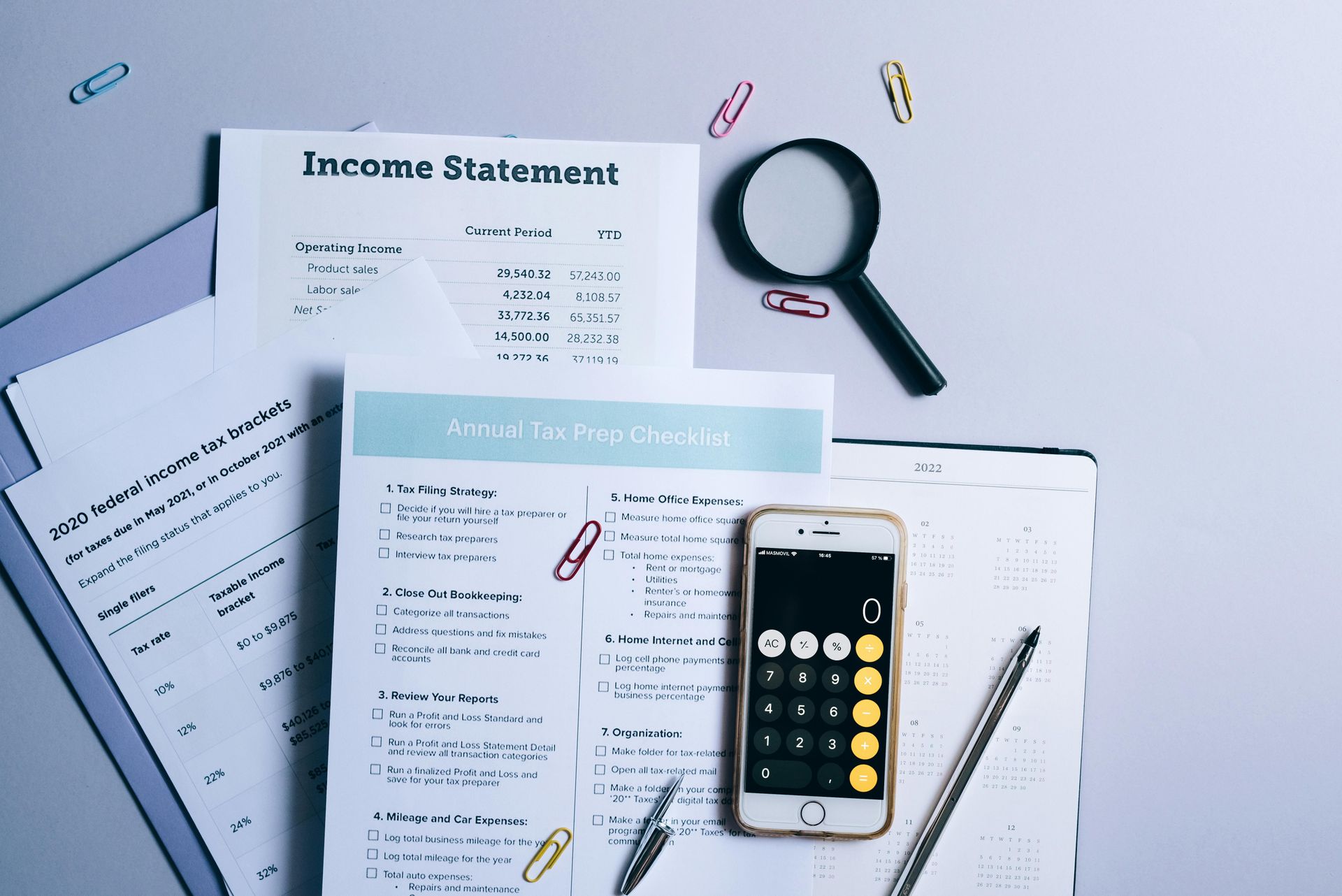Getting Ready for Your Next Internal Inspection!
Every three years, most CPA firms and sole practitioners go through a mandatory peer review of their accounting & auditing (A&A) practice as outlined in the AICPA Peer Review Program.
During the two-off years, CPA firms are required to perform their own monitoring procedures to ensure their system of quality control is properly designed and operating effectively. Collemi Consulting has leveraged its 20-plus years of experience assisting CPA firm practice leaders to prepare for this rigorous oversight during the “breather” that follows busy season by having such services outsourced.
Designed to assess the quality of a firm’s audit approach, an internal inspection, just like a peer review, considers the leadership, culture and other elements of quality control attributes by analyzing a “snapshot” of its activities. The inspection involves more than just revisiting recently issued attest engagements — instead, it’s a matter of analyzing the CPA firm’s attest practice’s operations.
To prepare for your next peer review, CPA firms should consider establishing an ongoing system of monitoring and quality control, as outlined in the AICPA’s Statement on Quality Control Standard No. 8. The firm’s system of quality control should encompass the following six elements:
- Leadership responsibility for quality within the firm (“tone at the top”)
- Relevant ethical requirements
- Acceptance and continuance of client relationships and specific engagements
- Human resources
- Engagement performance
- Monitoring
Our Testing Approach
To assist CPA firms with this process, we’ve created a “must do” testing approach: from drafting and reviewing your firm’s Quality Control Document, to interviewing and evaluating your professional staff, policies and procedures.
Here are some examples of the areas we test during the inspection:
- Reviewing your firm’s Quality Control Document;
- Reviewing of a cross section of attest engagements;
- Testing of professionals’ CPA licensing;
- Testing of independence of partners and professional staff;
- Testing of professionals’ CPE requirements;
- Examine firm’s professional literature;
- Test state licensing requirements;
- Interviewing professional staff regarding their understanding of policies and procedures
Internal monitoring tasks should be assigned to qualified individuals with appropriate technical training and proficiency, and results of the internal monitoring should be communicated to appropriate firm personnel.
Most of the practices we’ve advised get some things right, but almost all of them miss some key points. Common pitfalls include lack of understanding of the auditor independence rules, particularly regarding unpaid prior years’ fees, and not meeting the General Requirements prior to performing permissible non-attest services for an attest client.
Other missteps include a failure to appropriately modify a report for a scope limitation or a significant departure from GAAP, omissions of required critical reporting elements of applicable standards, and issuing an audit report when the auditor was in fact not independent.








